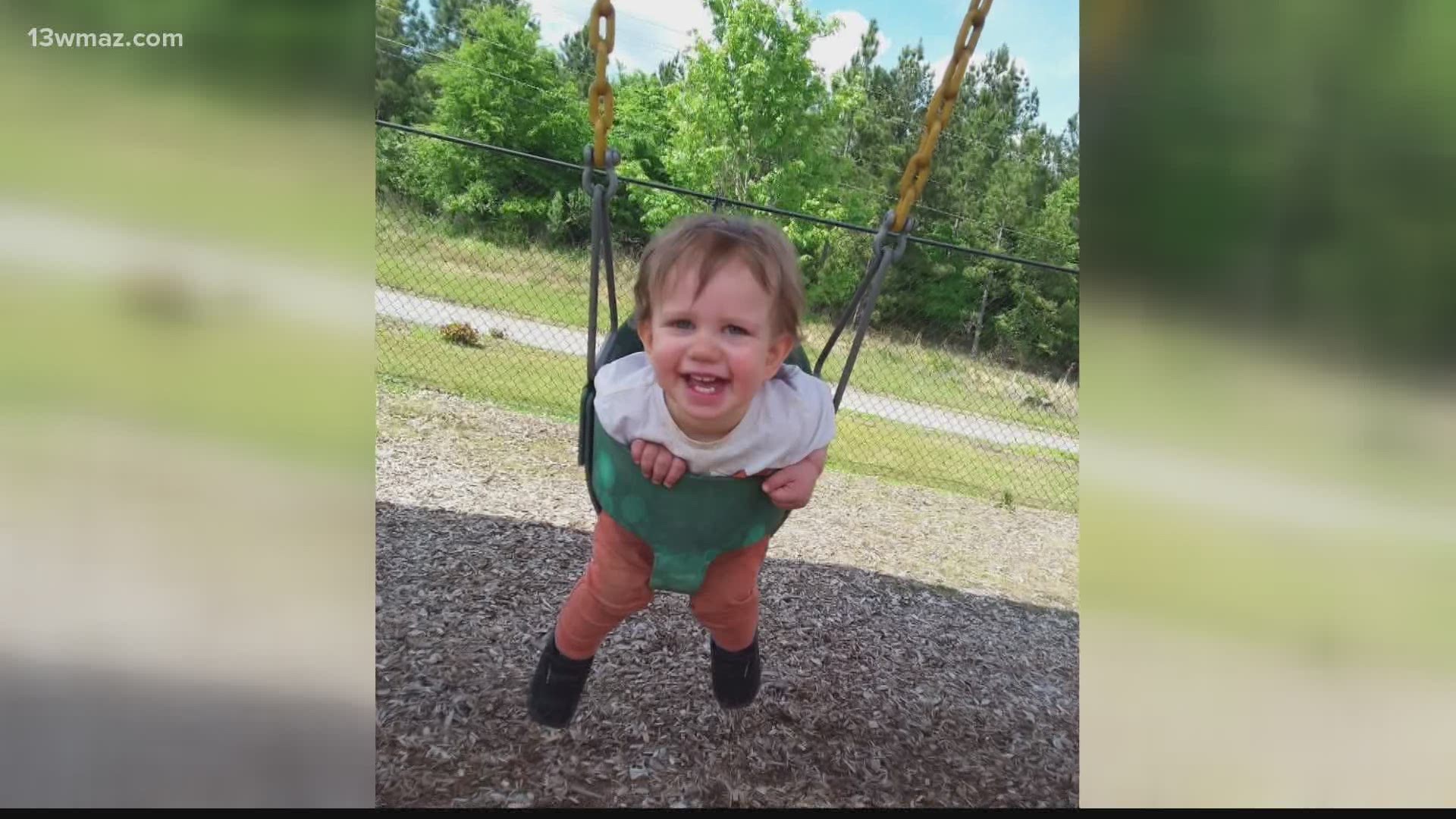MACON, Ga. — According to doctors, most kids get RSV before they even turn 2 years old. That's the case for one Macon family who has a 15-month-old son.
"My son had been going to daycare for maybe like a couple weeks and almost as soon as he started, he came with a runny nose," says Julia Callahan.
She says that's how it all started about six weeks ago for her son, Boston.
She says it's been difficult ever since.
"Mucus out of the nose, he's also gotten ear infections in both of his ears so he's gone through two rounds of antibiotics," says Callahan.
Callahan says she and her husband knew very little about RSV when they *all found out they tested positive for it, and they were scared that Boston's symptoms would get worse.
"Throughout this whole situation, he's kind of toughed it out and been a trooper, we haven't had any scary symptoms or anything like that," she says.
Atrium Health Navicent Pediatrician Christy Peterson says we're in a peak of RSV cases now since most people were staying home and wearing masks during the normal peak time during the fall to early spring.
Peterson says recently, she's seen an overwhelming amount of young kids with RSV with different levels of symptoms.
"If you feel like your child is having trouble breathing, coughing to the point that they're vomiting, and not able to eat or drink, those would be reasons that we might intervene," says Peterson.
For Callahan, she says it's important to listen to your child.
"If they're crying, sometimes they're not crying for no reason, they're crying because they're sick and they're just genuinely not feeling well. So yeah, just trust your gut," she says.
Peterson says although there is no treatment for the virus, some ways that you can try to prevent is by wearing your mask, washing your hands, and staying home if you feel sick.
RSV can be tested just like COVID-19, and parents can ask for it if they feel their child has any of the symptoms.

